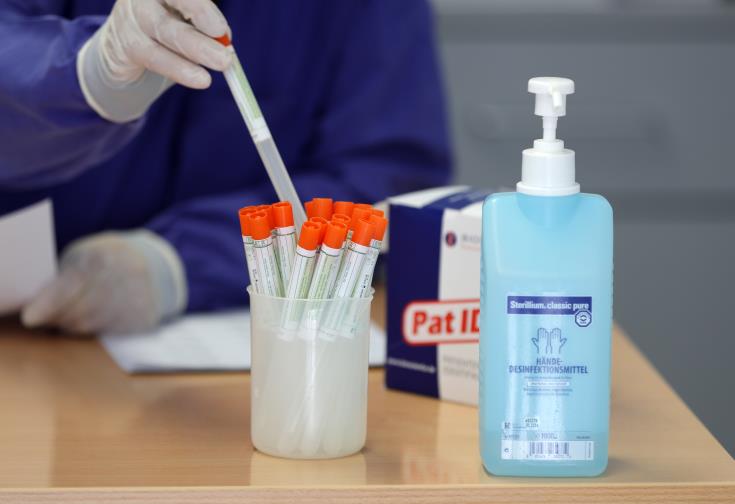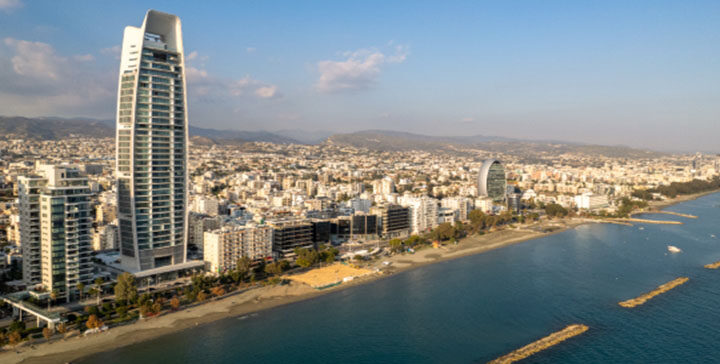Cyprus reported a shocking 25 new coronavirus cases on Friday, with at least 15 of them connected to Limassol where a cluster has formed, the same day as authorities announced the tightening of restrictions in the city.
The 25 cases come following Thursday’s nine and Wednesday’s 13 cases, confirming experts’ concerns that the virus transmission rate is well above the indicator of ‘1’. Initially, Thursday’s cases were ten, but revised down on Friday.
Three out of four calculation models based on data up to 28 July, without including the 37 cases recorded in the last three days, showed the R(t) at around 1.2 and 1.3, with the high end of one model being 1.92.
Cyprus now has reported 1,114 coronavirus cases.
Friday’s cases were discovered after a total of 1,850 tests were carried out, with 20 resulting from the tracing of some 123 samples from close contacts of known cases.
Nine of the new cases were contacts of a Ukrainian woman living in Limassol who was found positive on 28 July. Another five were contacts of an employee working in an insurance company, once again in Limassol.
One case was a close contact of a Limassol resident found positive on 29 July, while another five were contacts of a woman reported to be positive after returning from the US.
Another case involves a woman from Bulgaria who arrived in Cyprus on 25 July carrying a negative test. She was tested as part of a scheme for 10,000 people returning to work during the second and third stage of easing the lockdown. The woman was to start work at a hotel in Famagusta district.
One more case was found after some 676 tests were carried out by private laboratories. The patient had recently returned from Greece.
Another case involves a person who recently flew to Cyprus from Beirut, tested through the passenger testing scheme.
Two more cases were found after 42 tests were carried out on people in special groups.
Earlier in the day, Health Minister Constantinos Ioannou announced additional measures, focusing on a cluster forming in Limassol.
The minister warned against complacency and insisted that members of the public adhere to the new measures, while maintaining simple protocols such as social distancing, wearing protective masks wherever possible and personal hygiene.
Amongst measures announced was the compulsory use of a face mask in busy indoor areas, and a number of restrictions on mass gatherings in Limassol.
Currently there are seven people being treated at the Famagusta General, the referral hospital for COVID-19, with one of them being admitted to an critical care unit.










